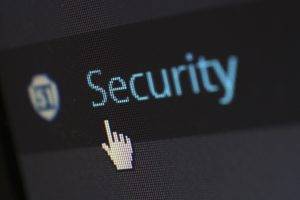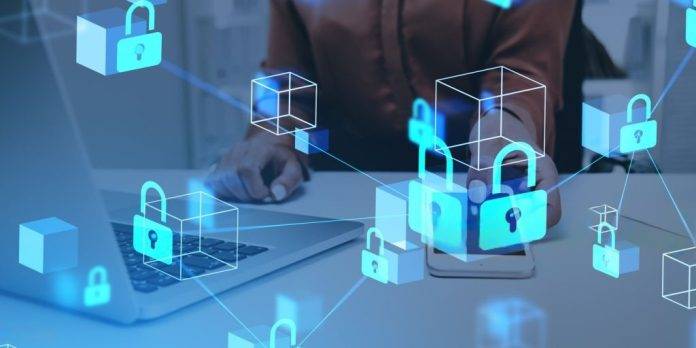Decentralized Identity and Security
Self-Sovereign Identity (SSI)
Definition: Decentralized Identity and Security, In this module, we delve into the concept of Self-Sovereign Identity (SSI) and its pivotal role in user-centric identity management within Web 3.0. SSI empowers individuals with control over their digital identities.
Privacy Benefits: Explore how SSI provides significant privacy advantages. It enables users to own and manage their identity data, reducing the risk of data breaches and enhancing personal data protection.
FAQs on Self-Sovereign Identity (SSI):
1. What is Self-Sovereign Identity (SSI)?
- SSI is a decentralized identity management approach that gives individuals complete control over their digital identities, allowing them to share information selectively and securely.
2. How does SSI improve privacy?
- SSI minimizes the need to store sensitive personal information in centralized databases, reducing the risk of data breaches and unauthorized access.
4.2 Security in Web 3.0
Cybersecurity: In this section, we explore the unique cybersecurity challenges posed by the decentralized web of Web 3.0. Discover the solutions and best practices to ensure security in this environment.
Smart Contract Auditing: We delve into the critical importance of auditing smart contracts in Web 3.0. Learn why auditing is crucial for securing smart contracts, which play a pivotal role in decentralized applications.

FAQs on Decentralized Identity and Security in Web 3.0:
1. What are the cybersecurity challenges in Web 3.0?
- Web 3.0 introduces new security challenges due to its decentralized nature. These include vulnerabilities in smart contracts, data privacy concerns, and the need for secure key management.
2. Why is auditing important for smart contracts?
- Smart contract auditing helps identify vulnerabilities and security flaws that could lead to financial losses or breaches. It ensures the reliability and trustworthiness of decentralized applications.
Module 4 delves into the critical aspects of decentralized identity and security within the Web 3.0 ecosystem. Understanding self-sovereign identity and cybersecurity measures is essential for navigating the decentralized web securely and responsibly. Stay informed and prepared to harness the benefits of Web 3.0 while safeguarding your identity and assets.
Continue Reading: Web 3.0 Technologies
